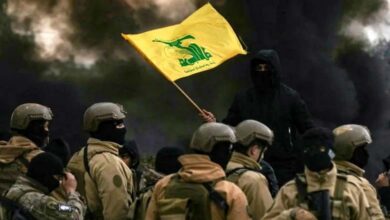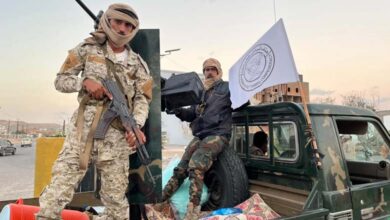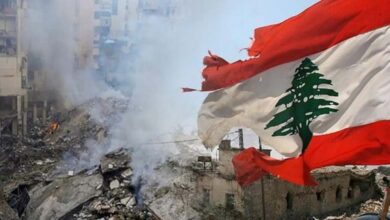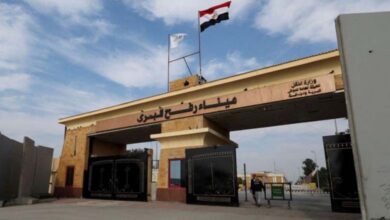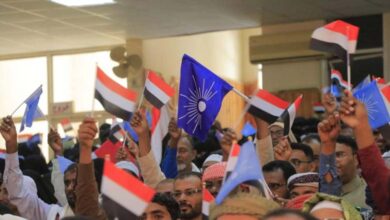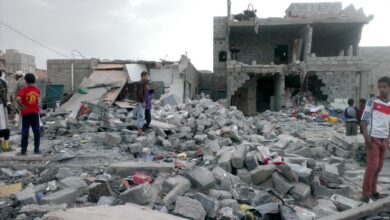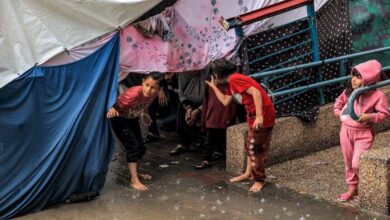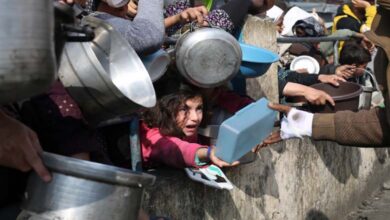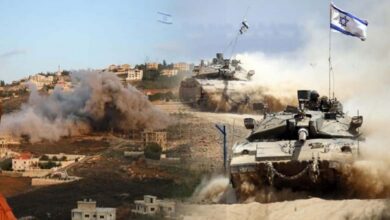Israeli Army Faces Fierce Resistance in Gaza Outskirts
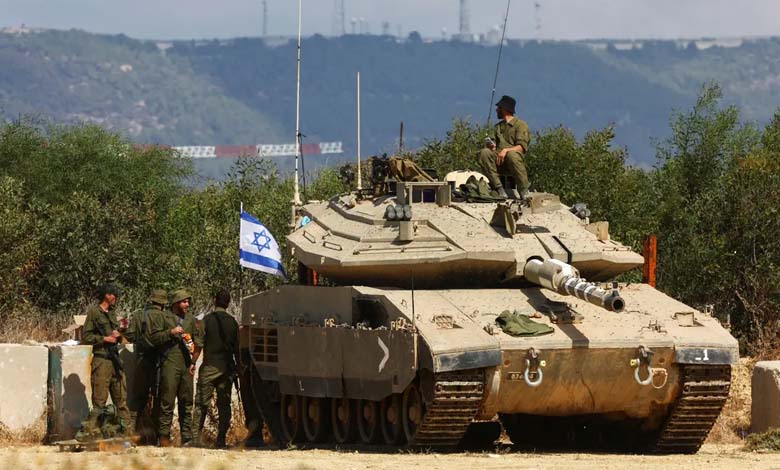
Reports indicate that Israeli soldiers were killed in an ambush in Hay al-Zaytoun, suggesting the army may activate an exceptional military measure designed to prevent soldiers from being captured, even at the cost of their lives.
On Friday evening, Israeli forces launched a large-scale attack on the outskirts of Gaza City, amid reports of casualties within the army, which is believed to have activated the controversial “Hannibal Protocol.”
-
Israeli army approves guidelines for Gaza offensive
-
Israeli Army Preparing to Occupy Gaza City with a Quarter Million Soldiers
According to Hebrew channel i24News, heavy clashes erupted in Gaza’s outskirts, accompanied by airstrikes and intense artillery shelling, with reports of Israeli advances in the area.
No further details were provided, but the information coincides with Israeli media activists sharing reports of a series of “serious” security incidents in the Gaza Strip, including an ambush in Hay al-Zaytoun, southeast of Gaza City—a district under extensive Israeli military operations for weeks—without official confirmation from the Israeli army or Hebrew media.
-
The Rafah Brigade Remains a Military Challenge for the Israeli Army in Gaza
-
Hamas Remaining in Power and Ceasefire Demand: Israeli Army’s Requests Anger Netanyahu
Sources report increasing political concerns in Israel over the potential capture of four Israeli soldiers by Palestinian factions. It is believed that the army activated the “Hannibal Protocol,” which permits the use of heavy weapons when an Israeli soldier is captured, to prevent captors from leaving the scene, even if it endangers the soldier.
Televised footage shows intense helicopter activity and flares over Gaza, accompanied by sounds of clashes, supporting this hypothesis. No immediate comment has been issued by the Israeli army or Palestinian armed factions, leaving room for speculation.
-
Biden Administration prepares to impose sanctions on Israeli Army Officers
-
A report reveals the scale of American aid to the Israeli army since the start of the war… Get to know it
These developments follow threats by Abu Ubaida, spokesperson for Hamas’s military wing, the al-Qassam Brigades, stating that Israel would pay for its plan to occupy Gaza “with the blood of its soldiers.”
On Telegram, Abu Ubaida said: “The enemy’s criminal plans to occupy Gaza will backfire on its political and military leadership, and its army will pay with the blood of its soldiers. It will also increase the likelihood of new soldiers being captured.”
He added that “Israeli captives will remain with our fighters on the battlefield, sharing the same risks and living conditions.”
-
The Israeli army is preparing for surprise Hamas weapons in the event of a ground invasion
-
Occupation of Gaza Plan… Israeli Estimates Suggest Fighting Could Last Until 2026
Abu Ubaida also stated that “any captive killed due to the aggression will be announced with their name, photo, and confirmation of death.”
The al-Qassam Brigades have repeatedly claimed that Israel killed some of its prisoners in strikes on their locations, without providing total numbers.
Israeli estimates suggest around 50 Israeli soldiers are held in Gaza, 20 of them alive, while Israel detains more than 10,800 Palestinians under harsh conditions according to human rights reports.
-
From the Battlefield to the Therapist’s Office: Gaza Haunts Israeli Soldiers Without Firing a Bullet
-
A Break in Khan Younis Gets Elite Israeli Unit Pulled from Gaza
Amid ongoing escalation, the Israeli army intensified strikes on Gaza neighborhoods early Friday, declaring the area a “dangerous combat zone” without calling for evacuation.
This escalation is part of Israel’s “Gideon Vehicles 2” plan, approved by Defense Minister Yisrael Katz on August 21, aimed at occupying Gaza, attacking the city, and defeating Hamas, following over two weeks of operations in Hay al-Zaytoun and the adjacent Sabra neighborhood.
Israel continues its plan despite growing international condemnation over hunger in the besieged sector. It announced tactical 10-hour daily ceasefires and the opening of new humanitarian corridors in late July, following months of strict restrictions on aid delivery, which drew international criticism after images of malnourished children circulated.
-
Israeli Operations Turn West Bank Camps into Ghost Zones
-
Gaza Latest: 31 Killed by Israeli Fire Near Aid Center
Last week, the Integrated Food Security Phase Classification, a global food security observatory, reported famine conditions in Gaza and surrounding areas. Israel rejected this assessment.
Gaza’s Health Ministry reported that five people, including two children, died from malnutrition and hunger in the past 24 hours, bringing the total to 322 since the war began.
The Gaza conflict erupted following a Hamas attack on southern Israel on October 7, 2023, killing 1,219 people, mostly civilians, according to official Israeli data.
Israeli operations have resulted in at least 63,025 deaths in Gaza, mostly civilians, according to the latest figures from the Hamas-run Health Ministry, considered reliable by the UN.


